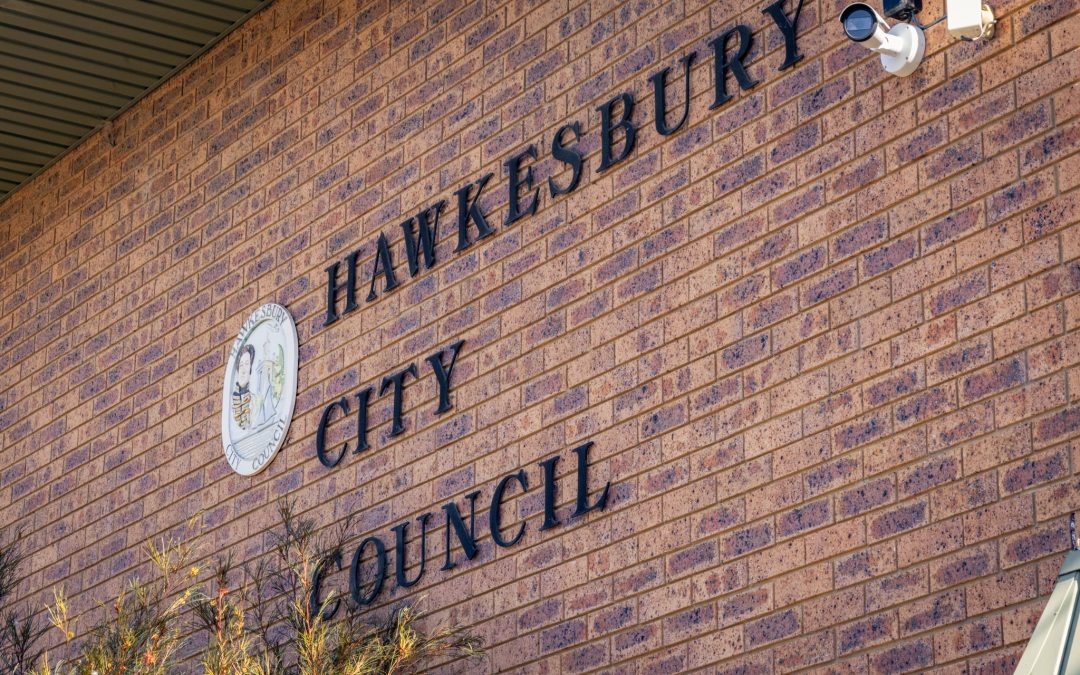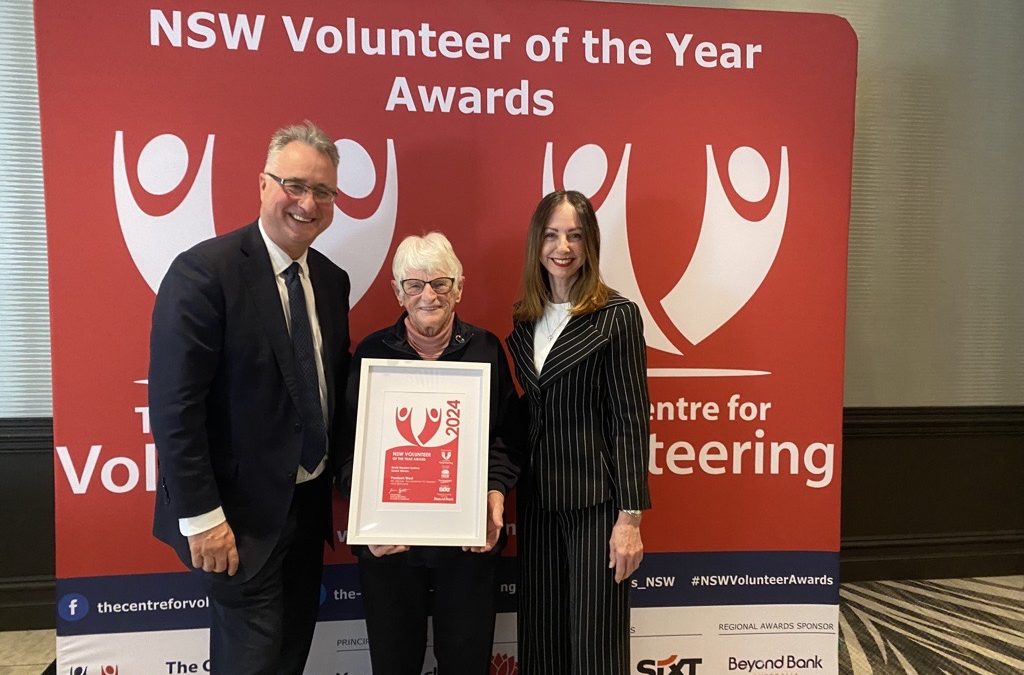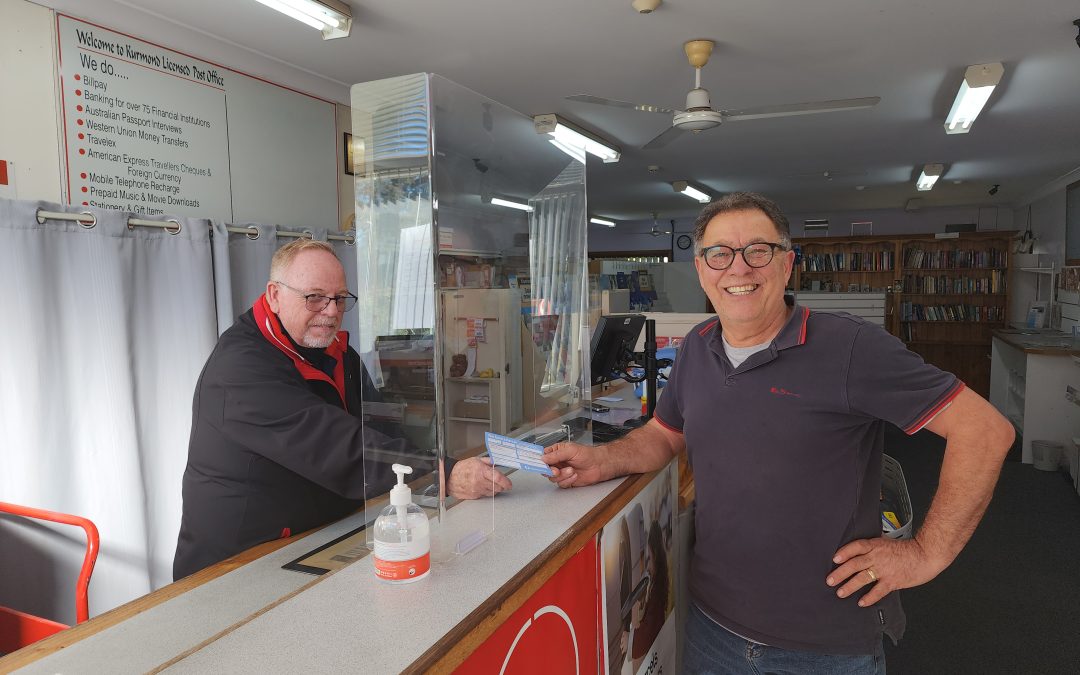Hawkesbury Post contacted all...


Hawkesbury Post contacted all...

In a heartwarming recognition of community...

After more than two decades of dedicated service, the...
The intricate web of connections between councillors and property developers in New South Wales is under scrutiny, with the state government calling for court intervention to address what they deem a “broken” system.
The focus on councils by the Minns government has brought the relationship between Hawkesbury Mayor Sarah McMahon and her domestic partner, Matthew Bennett – a property developer and real estate agent – back into the spotlight.
Local Government Minister Ron Hoeing expressed frustration with the current safeguards in place to prevent conflicts of interest. He told a budget estimates committee that there needed to be a mechanism that enables the prosecution of those breaching pecuniary interest provisions, suggesting that courts could play a role in disqualifying individuals.
“For those people who flagrantly breach pecuniary interest provisions, I would like to go back to the future and provide a mechanism for prosecution with courts just disqualifying people. The system is broken, it’s not working,” Hoeing said.
Local Government Minister Ron Hoeing at the budget estimates hearing. You can watch the full exchange here : https://youtu.be/wU-k2LJ90xo
His remarks come in the wake of the Independent Commission Against Corruption (ICAC) unveiling findings of “serious corruption” against a Sydney Mayor involved in dealings with Chinese property developers.
Operation Tolosa, the investigation behind the ICAC findings, revealed that numerous councillors across NSW had links to development applicants, posing a systemic risk of corruption. Hoeing expressed his moral stance against close associates of property developers holding positions on councils, although acknowledging potential legal challenges to such views.
In response to growing concerns, the government disclosed it was auditing pecuniary interest declarations for councillors. This audit aims to integrate with the state government’s planning portal, providing a comprehensive check across development applications.
The controversy surrounding pecuniary interest declarations in the Hawkesbury gained momentum when McMahon, despite being the domestic partner of a property developer, signed a candidate form declaring no association with such entities. When she signed that document, Bennett’s BCM property group had a pending application for a $10 million development in Riverstone with Elite International Holdings.
An investigation into the matter by her Liberal colleague Wendy Tuckerman concluded with McMahon being absolved of any wrongdoing. It also concluded Bennett was not a property developer under the definition in the Act. However, the ongoing development activities of Bennett, who had previously identified as a developer, continue to raise questions about transparency.
More recently Bennett has publicly tried to distance himself from the developer label by altering his company’s website. In March this year, Bennett removed himself and other family members as directors of property development company, Bencorp Property Developments Pty Ltd, which is referred to as the ‘client’ in documents for the Tallowood Stage 1 & 2 developments in Kurrajong. Bennett’s business partner Steve Guo-Ting He has been appointed as the sole director of Bencorp.
Deputy Secretary of Local Government, Brett Whitworth, told the senate estimates hearing that ICAC was also concerned with trusts that may help to conceal who ultimately benefits from developments. “There is that concern that trust, family trust, property trusts might not be clear and it’s important that they be part of the pecuniary interest declaration.”
“Real estate agents are legitimately allowed to be councillors but what we need to do is to make sure that the interests that a councillor has are clearly identified,” he said.
The government is not only focused on councillor- developer ties but also on the efficacy of Code of Conduct Reviewers. Whitworth admitted that the work of Code of Conduct Reviewers – people appointed to investigate complaints about councilors varied widely. His colleague Director of Policy and Sector development at the Office of Local Government Melissa Gibbs was more forthcoming. “I have been told that people in councils talk to each other and they know the good ones (Code of Conduct reviewers) and the ones to avoid and so it’s almost like a self regulating system.”